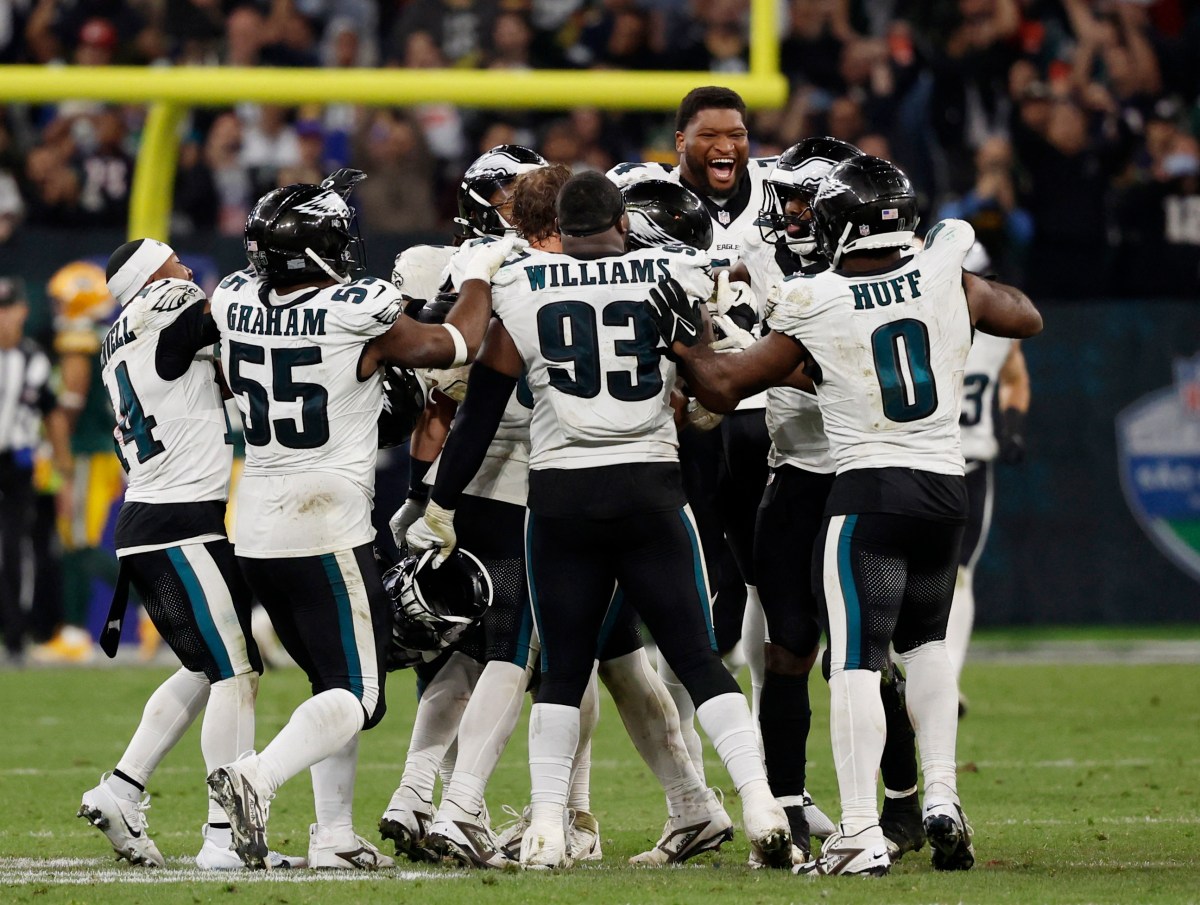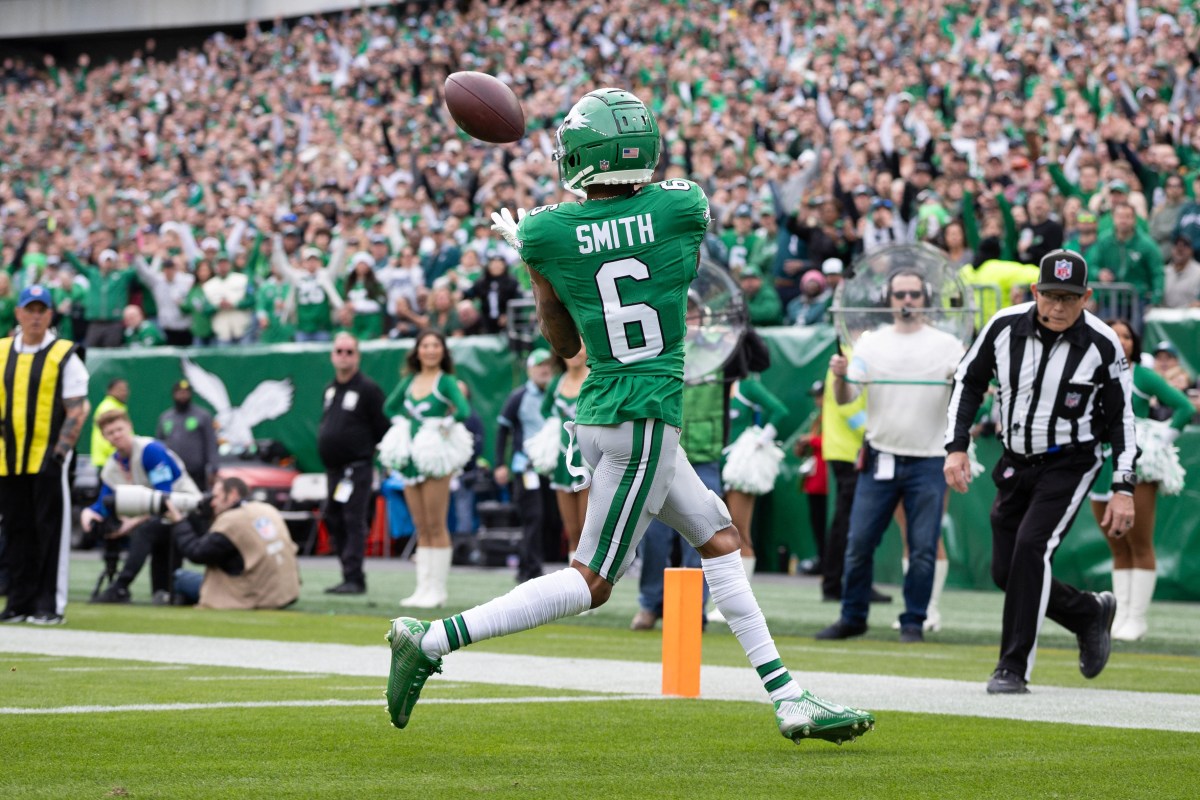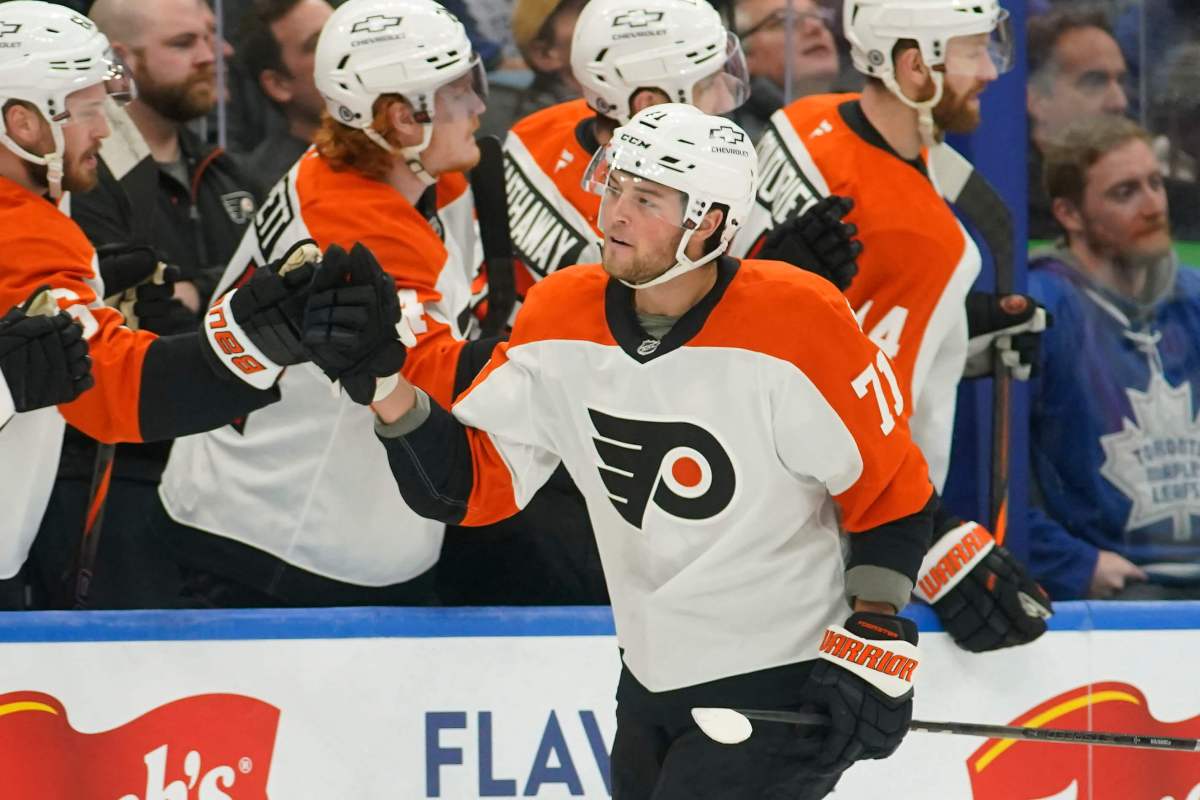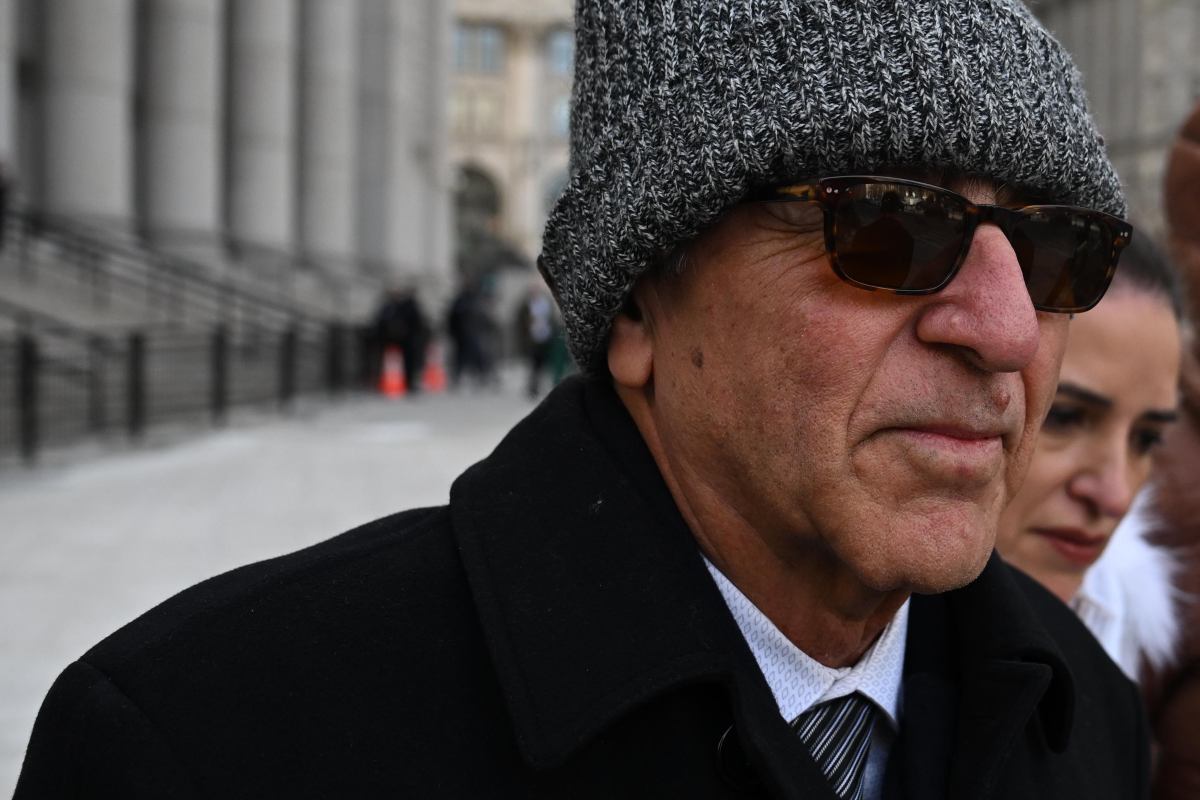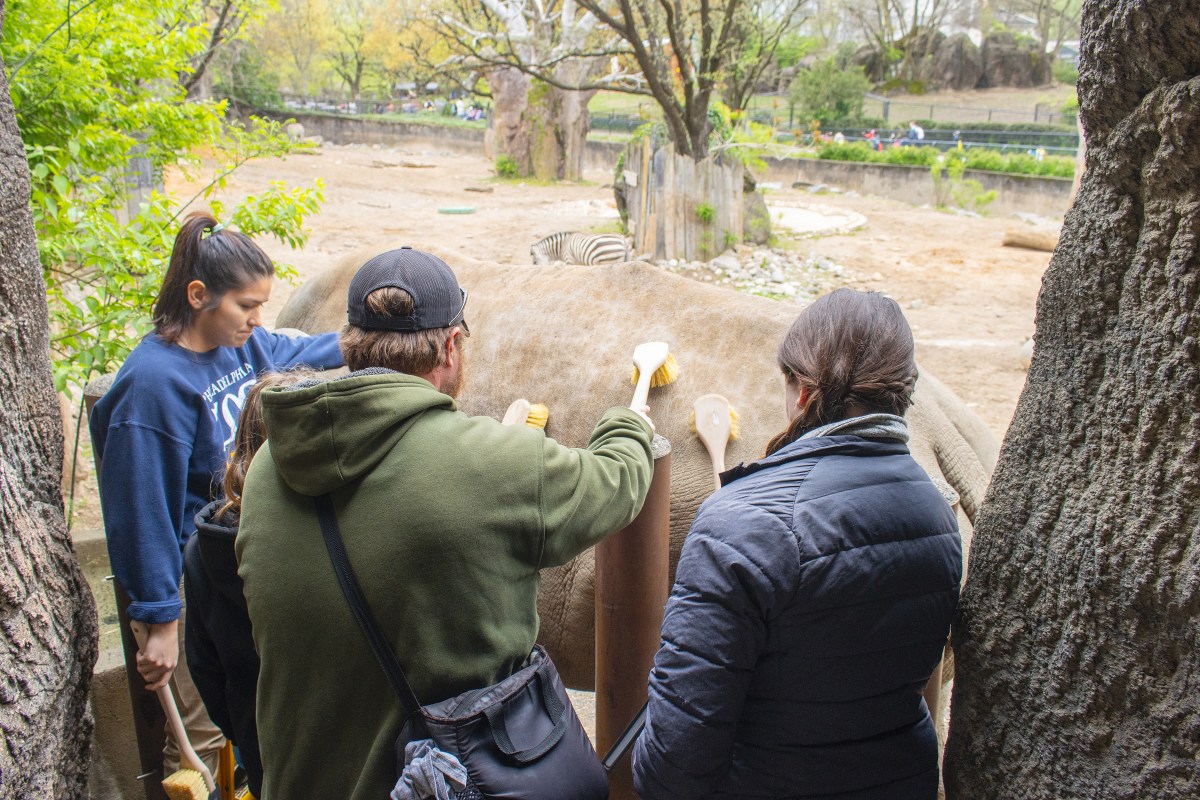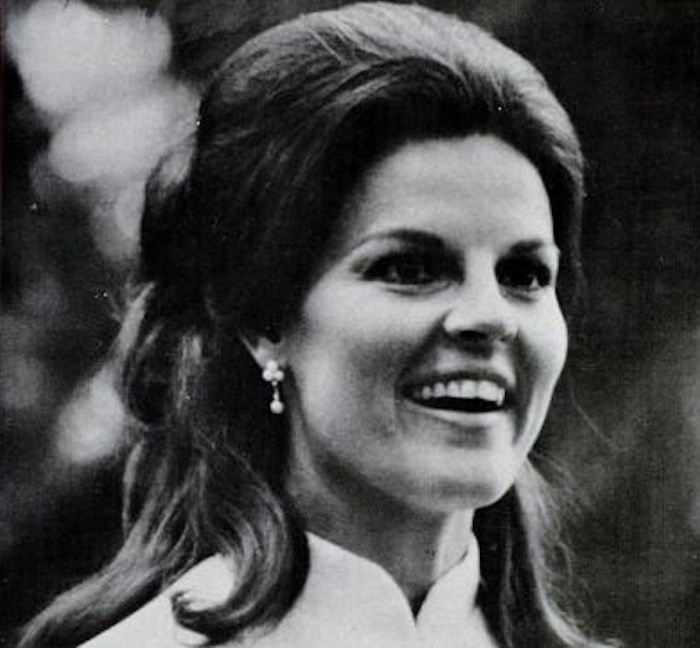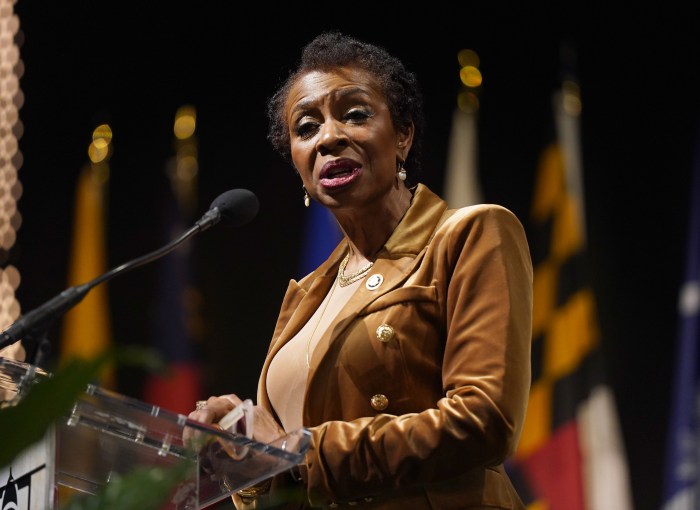When talking to Henry Thomas, we try not to barge out of the gate with questions about the biggest item on his résumé. Yes, he’s Elliott from “E.T. the Extra Terrestrial.” Turns out he’s cool with that. He’s used to being hounded over headlining a Steven Spielberg classic, especially because now it’s considerably less intense than it once was. (He didn’t have a great time back at school in Texas once the movie came out, and has said he basically became a hermit). Though his acting career has never hit the same high, he has worked steadily, making the occasional biggie (“Legends of the Fall,” “Gangs of New York”). Right now he’s in “Ouija: Origin of Evil,” the sequel (that’s actually a prequel) to the 2014 horror film. He plays a pastor who, in the 1960s, tries to save a family who find they’ve awoken some malicious spirit. The actor so liked working with the film’s director, Mike Flanagan, that when we speak he’s flying off to shoot his next film, the adaptation of Stephen King’s “Gerald’s Game.” Thomas, 45, talks to us about what he does between gigs, the fantasy novel he wrote and the Internet theories about his 1984 film “Cloak & Dagger.”
You haven’t done a lot of horror, but you did play young Norman Bates in “Psycho IV: The Beginning.” That was a big deal because it was the first really dark role you’d done, and you were still relatively young. RELATED: Interview: Laura Dern talks “Certain Women” and how art should never be about awards What was it about playing Norman Bates that convinced you to stick with acting? That’s pretty typical for actors. What do you tend to do in between gigs? Tell me about your novel. To “Ouija”: Are you a horror person? It’s also a genre where the actors have to look scared or mystified by special effects. That must be easier, since your second movie involved you interacting with a puppet who was supposed to be your best friend. RELATED: Interview: Fred Willard on “Mascots” and his history with Christopher Guest movies I actually wanted to ask you about another film you did when you were younger, which is 1984’s “Cloak & Dagger.” I watched that a lot when it was on cable as a kid. It’s from a time when children’s movies could be really dark. It’s a dark movie at times. You’re 45. Do people still see you on the street and realize you’re Elliott from “E.T.”? “E.T” popped up on Netflix Instant over the summer, and I watched it for the first time since I was really young. I found myself tearing up, and I wasn’t sure if it was the movie or me mourning my dead childhood, though it was probably a combination of the two. And there’s this public record of you as a kid that will always be there, which is a lot more intense than, say, just having family albums of pictures of you over the decades.
I was 18 when we did that. It was exciting, because I was on the fence as to whether or not I was going to continue acting. It had kind of died down, to some extent, by then. I had done a film with Milos Forman [1989’s “Valmont”] the year before, but it had been quiet. I thought, ‘Maybe I won’t do this anymore. I’m 18, maybe I’ll go to school.’ Then that job came along, and then “Legends of the Fall” arrived a couple years later.
I don’t know. Even after 37, 38 years, there’s just no security in this job. [Laughs] Today is a prime example: I’ve spent the last 11 months or so sitting around. And all of a sudden I had all of these things to do, out of the blue.
I write a lot. I wrote a novel a couple years ago, a fantasy novel. I’m trying to get it published. I also play music. That’s mainly what I do when I’m not working. That doesn’t necessarily pay the bills. I should have listened to my mom and finished my degree and had a fallback career. I always thought this would work out. Knock on wood, so far it has. It never works out in the way you dreamed about, but it works out.
I’ve always been a fan of fantasy books growing up. I got a little bit disillusioned with the genre, because I felt it became so formulaic. I thought, ‘I can throw together a good fantasy story.’ I was working on this show called “Sons of Liberty,” that was out on the History Channel last year. [Ed. He played John Adams] I was in Romania, and I only had 16 working days, but I was there for three months. I thought, ‘Well, this is a perfect time to finish my novel. It’s either I become an alcoholic and get a divorce, or I write my novel.’ [Laughs] It was kind of a no-brainer. It’s about an environmental-spiritual cataclysm. The protagonists are trying to save the world.
Not so much. I like when they’re well done. Usually the problem for me with horror is the logic falls apart in the third act. You have to discount everything you’ve heard in the first two acts to make sense of it. That’s usually where I get lost. I think, “Well, that’s dumb. Why didn’t you explain that earlier?” But with this script, I felt you could make the logic leaps without losing track of what had happened before. You didn’t have to completely discount all the relationships you had formed up until that point, as you’re often forced to do. There’s always something gimmicky about it.
[Laughs] Yeah. That was definitely a challenge. I had youth on my side; imagination certainly helped me. A lot of people don’t realize that in my reactions shots, I was never working with [the E.T. puppet]. I was completely creating those expressions. It was not an easy film to do.
It’s funny because that film has recently made a resurgence in the public mind. A lot of people have been talking to me about it. I saw an article where some guy had postulated that it was actually a prequel to “Fight Club.” [Laughs] Nobody went and saw the movie when it came out in theaters; it was a dismal failure and it ended my three-picture deal with Universal. But I’m glad people like it now. [Laughs]
Oh yeah, I killed somebody in it. [Laughs] I was 11 years old, and I was really worried about it, actually. I talked to my parents about it a lot. I was like, ‘C’mon, can you really shoot a man? I don’t think so.’ I had to separate it in my head. I had to think, ‘I know this is fake and this is all pretend. I’m just pretending. I would never do this.’ It was the first time I had to ask myself that question.
It happens all the time. It never goes away. It’s not as intense as it used to be. There were times it was overwhelming. But now it’s just people congratulating themselves if they see me and remember who I was. It’s like I’m just there to confirm to them that they’re right, then they go away.
I’m sure it is. It’s something a lot of people have fond memories of. I’m grateful for that. The message of the film is very nice: It’s about compassion and friendship. How can you not like that? It holds up.
Yeah. And you can’t ever lie about your age. [Laughs]
Henry Thomas talks ‘Ouija,’ his fantasy novel and, yes, ‘E.T.’
Follow Matt Prigge on Twitter @mattprigge










